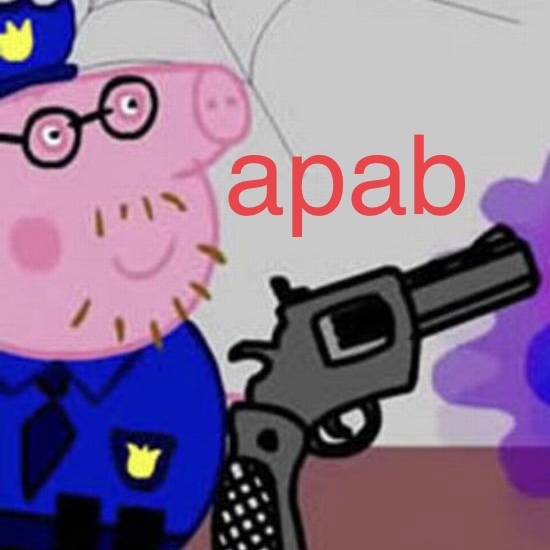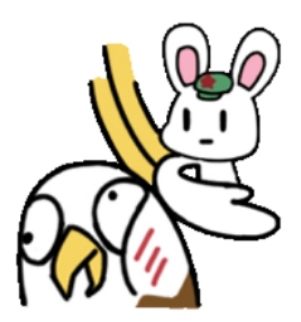The Will to Change: Men, Masculinity, and Love is a book by bell hooks about men, patriarchy, the relationship between them, and most importantly love. It’s a book that I wish I had read much earlier, and so I decided to start a reading group. I’m a couple chapters in but will be re-reading (well, re-listening) to the chapters as we go through the book. This book is an empathetic look at masculinity, and focuses on learning how to love.
This idea was spawned by comrade @Othello@hexbear.net after I mentioned that I had been checking out the book and played the first chapter on Hextube. There is no need to pick up a copy, comrade Sen has already uploaded the entire audiobook onto Youtube. Content warnings are generously provided by Sen at the start of each chapter. Let’s start with Chapter 1. Each chapter is only about 30 minutes long, so it’s not a long commitment. I wanted to post this to c/menby but that didn’t seem to work.
Uhh I don’t know how to lead a reading group so let’s start out with some questions:
-What stood out to you about this chapter?
-Are there any ideas that bell hooks introduces in this chapter that you’ve never heard of or wish you had heard earlier in your life?
-Are there any stories in this chapter that resonate with you on a personal level?
Just the first couple minutes and it really gets straight to the heart of the issue so quickly and concisely.
About half way through now. I think I keep waiting for a big revelation when it comes to patriarchy and all that ever happens is I see it from a different angle. It’s really not a complicated premise and as much as I wish I could finally find a hidden wound to begin healing from it, I think I’ve done a lot of my healing already. I can find plenty of scars. But whatever is wrong with me is not fundamentally about the harm done to me by patriarchy.
My father was loving despite having plenty of toxic masculine features. I was encouraged to feel and express my feelings my entire life and even given strategies too. I just didn’t. I think most of my issues come back to growing up with AuDHD, rather than growing up as a boy (aside from the fact that I’m not a man).
Regardless, I think the idea of boiling patriarchy down to the willingness to experience pain is interesting. That some women claim their own willingness to experience pain as an act of anti-patriarchal equality while it can still very much be a feature of patriarchy. I also think about my old coworker who was in a frat that hazed new pledges. It was a willingness to endure pain for the sake of loyalty that bought people access to this patriarchal institution.
I finished the book last night and I think I agree broadly with your views, and likewise I didn’t find any great revelation, just reframing and perspective from people with different life experience to me.
But whatever is wrong with me is not fundamentally about the harm done to me by patriarchy.
This reminds me of the section in the book where hooks recounts talking about ‘patriarchal imperialist capitalism’ during a lecture, the whole box and dice, and the audience laughs. The charitable interpretation of the audience’s reaction is it’s almost too much to tackle at once so what can you do but laugh.
There’s a lot more to it and the examples she cites of feminist men who end up reproducing patriarchal violence and domination after taking on jobs with higher status does go some way to suggesting that it’s capitalism’s instrumentalisation of patriarchy that makes it so insidious, but capitalism is the eclipsing problem here.


